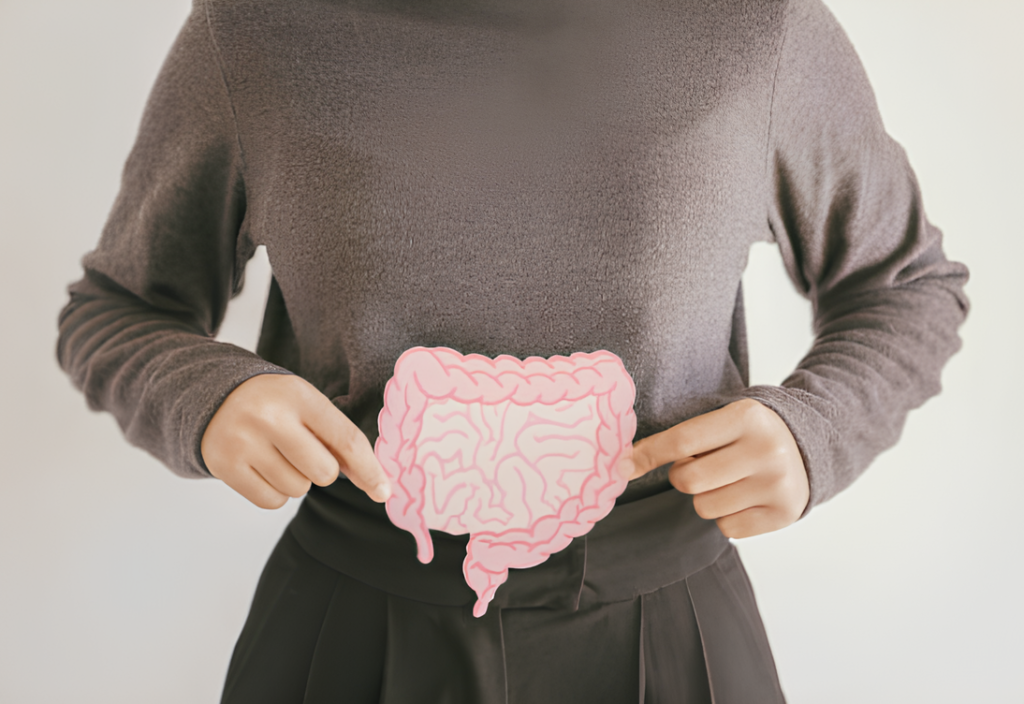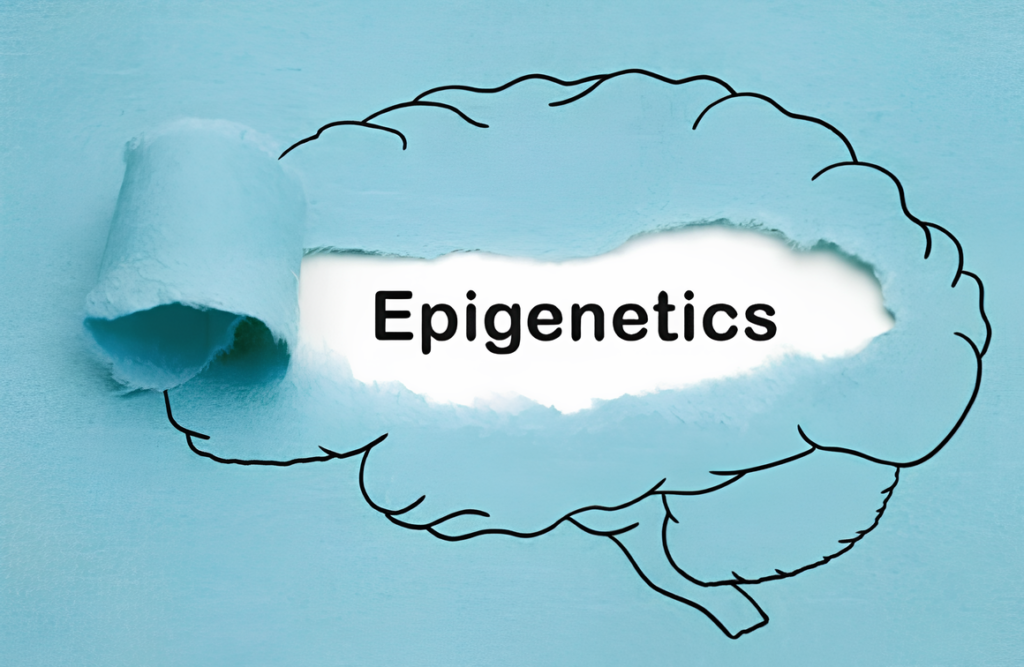Sleep is often the first thing we sacrifice when deadlines and exams approach. However, the impact of sleep on learning, memory, and overall health often gets overlooked. In this article, we’ll explore why sleep isn’t just a luxury, but a biological necessity—especially for us students aiming to be better at learning and revising.
The Science of Sleep and Learning
You’ve probably heard the phrase, “Sleep on it.” This saying isn’t just a myth; it’s backed by science. Sleep plays a crucial role in memory consolidation, the process by which our brains transfer information from short-term to long-term storage. Whether you’re cramming for a test or revising for finals, getting adequate sleep before and after learning sessions can significantly enhance your ability to retain information.
Key Points:
- Pre-Learning Sleep: Sleep prepares your brain to absorb new information. A well-rested brain is primed for taking in new material, while a sleep-deprived brain struggles with focus and concentration.
- Post-Learning Sleep: After you learn something new, sleep acts as a ‘save button’ for your brain. During deep sleep, brainwave activity works to consolidate and strengthen the newly acquired information, making it easier to recall later.
The Impact of Sleep Deprivation on Memory and Cognitive Performance
A study found that students who were sleep-deprived before learning new material exhibited a 40% deficit in memory retention compared to their well-rested peers. This is equivalent to nearly half of what you learn being forgotten, all because of a lack of sleep! For students, this means pulling an all-nighter could do more harm than good, leading to dramatic cognitive deficits that could severely affect academic performance.
The Broader Health Implications of Sleep Deprivation
Sleep doesn’t just affect your grades; it impacts your overall health. Here’s a look at some surprising ways lack of sleep can harm your body:
- Reproductive Health: Sleep deprivation in men is linked to lower testosterone levels and even reduced testicle size, aligning testosterone levels with those of men 10 years older.
- Gene Activity: Poor sleep can alter gene expression, leading to increased risks of immune deficiencies and even cancer.
- Heart Health: Sleep loss is associated with higher rates of heart attacks. Even losing just one hour of sleep (think daylight saving time) can have significant impacts on heart health.
Deep Sleep is the Powerhouse of Memory Consolidation
The most restorative sleep phase, deep sleep, is where the magic happens. During this stage, slow brainwaves facilitate the transfer of information from the hippocampus (short-term memory center) to the prefrontal cortex (long-term storage). This process not only reinforces what you’ve learned but also helps in problem-solving and critical thinking—skills essential for any student.
Takeaway = Sleep is Not Optional
Sleep is a biological necessity, not a luxury. For students, prioritizing sleep is as important as dedicating time to studying. Without sufficient sleep, the hours spent hitting the books could be rendered ineffective. Incorporating healthy sleep habits can not only boost learning and memory but also protect your overall health and longevity.
Tips for Better Sleep and Learning
- Stick to a Routine: Go to bed and wake up at the same time every day, even on weekends.
- Limit Screen Time Before Bed: Blue light from screens can disrupt your body’s natural sleep-wake cycle.
- Create a Sleep-Friendly Environment: Keep your bedroom cool, dark, and quiet to promote better sleep quality.
- Avoid Caffeine and Heavy Meals Before Bed: These can interfere with your ability to fall asleep.
- Take Short Naps if Necessary: If you’re feeling sleep-deprived, a short nap (20-30 minutes) can help improve alertness without impacting nighttime sleep.
Conclusion
For students, sleep is a powerful tool that aids learning, enhances memory, and improves overall cognitive function. By prioritizing good sleep hygiene, you can optimize your study efforts, improve your academic performance, and safeguard your health. Remember, the key to effective learning isn’t just what you study, but also how well you sleep.
To learn more “Student Tip’s” articles, please head here!
Resources
Walker, M., 2019. Sleep is your superpower. TED Talks. Available at: Click Me! [Accessed 2 Sep. 2024].
Goldstein-Piekarski, A.N., Greer, S.M., Saletin, J.M. and Walker, M.P., 2015. Sleep deprivation impairs the human central and peripheral nervous system discrimination of social threat. The Journal of Neuroscience, 35, pp.10135-10145. Available at: Click Me!
Mander, B.A., Winer, J.R., Marks, S., Vogel, J.W., Lu, B.S., Saletin, J.M., Ancoli-Israel, S., Jagust, W.J. and Walker, M.P., 2015. β-amyloid disrupts human NREM slow waves and related hippocampus-dependent memory consolidation. Nature Neuroscience, 18, pp.1051-1057. Available at: Click Me!
Saletin, J.M., Goldstein-Piekarski, A.N., Greer, S.M., Stark, S., Stark, C.E. and Walker, M.P., 2016. Human Hippocampal Structure: A Novel Biomarker Predicting Mnemonic Vulnerability to, and Recovery from, Sleep Deprivation. The Journal of Neuroscience, 36, pp.2355-2363. Available at: Click Me!
Winer, J.R., Mander, B.A., Lockhart, S.N., Schöll, M., Saletin, J.M., Lu, B.S., Ancoli-Israel, S., Jagust, W.J. and Walker, M.P., 2016. An NREM Sleep Signature of Human In Vivo TAU Burden. Alzheimer’s & Dementia, 12, pp.P353-P353. Available at: Click Me!
Walker, M.P., Mander, B.A., Marks, S., Rao, V., Lu, B.S., Saletin, J.M., Ancoli-Israel, S. and Jagust, W.J., 2015. F2-02-03: Beta-amyloid deposition in the human brain disrupts NREM slow wave sleep and associated hippocampus-dependent long-term memory. Alzheimer’s & Dementia, 11, pp.P166-P166. Available at: Click Me!



